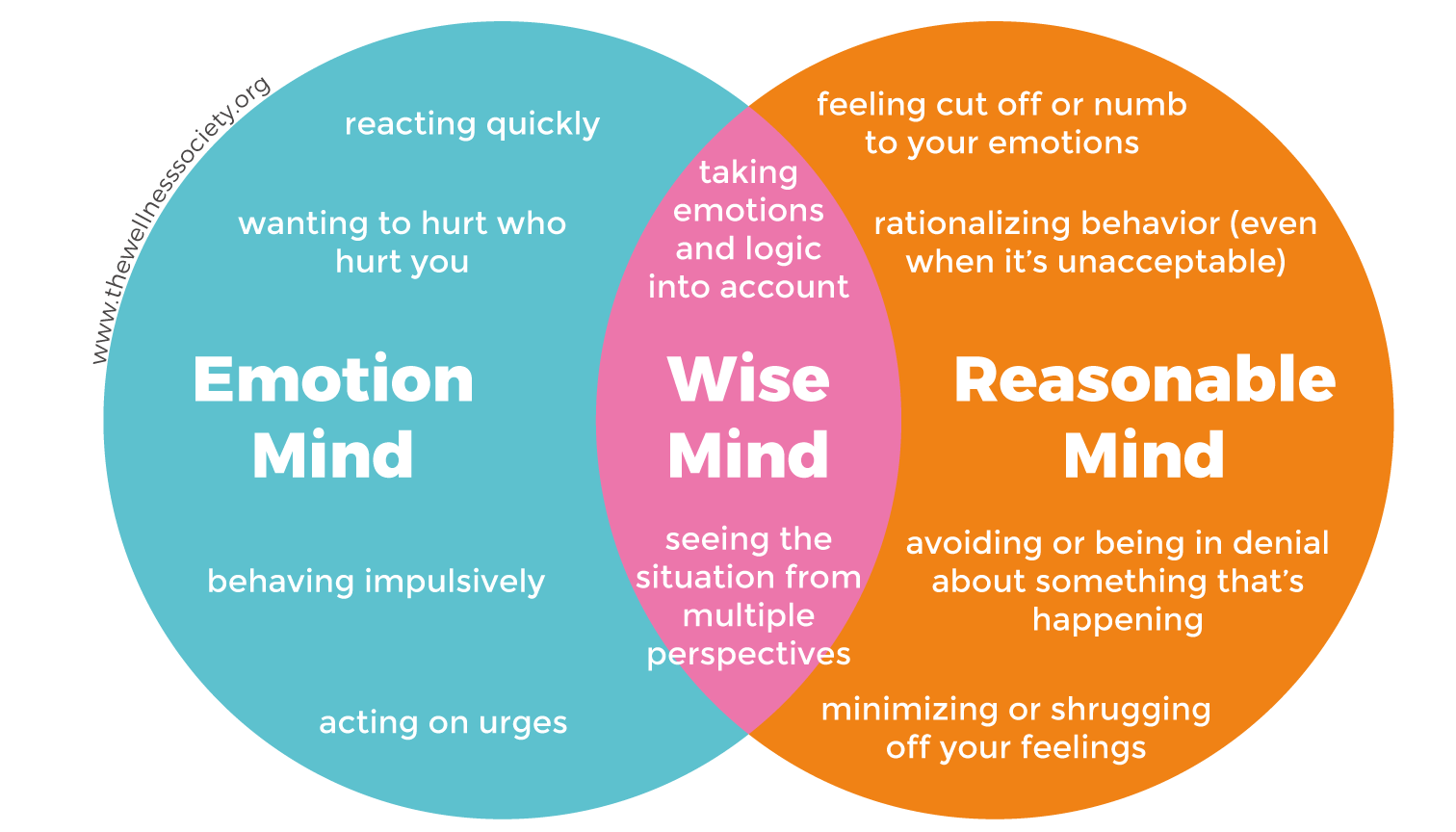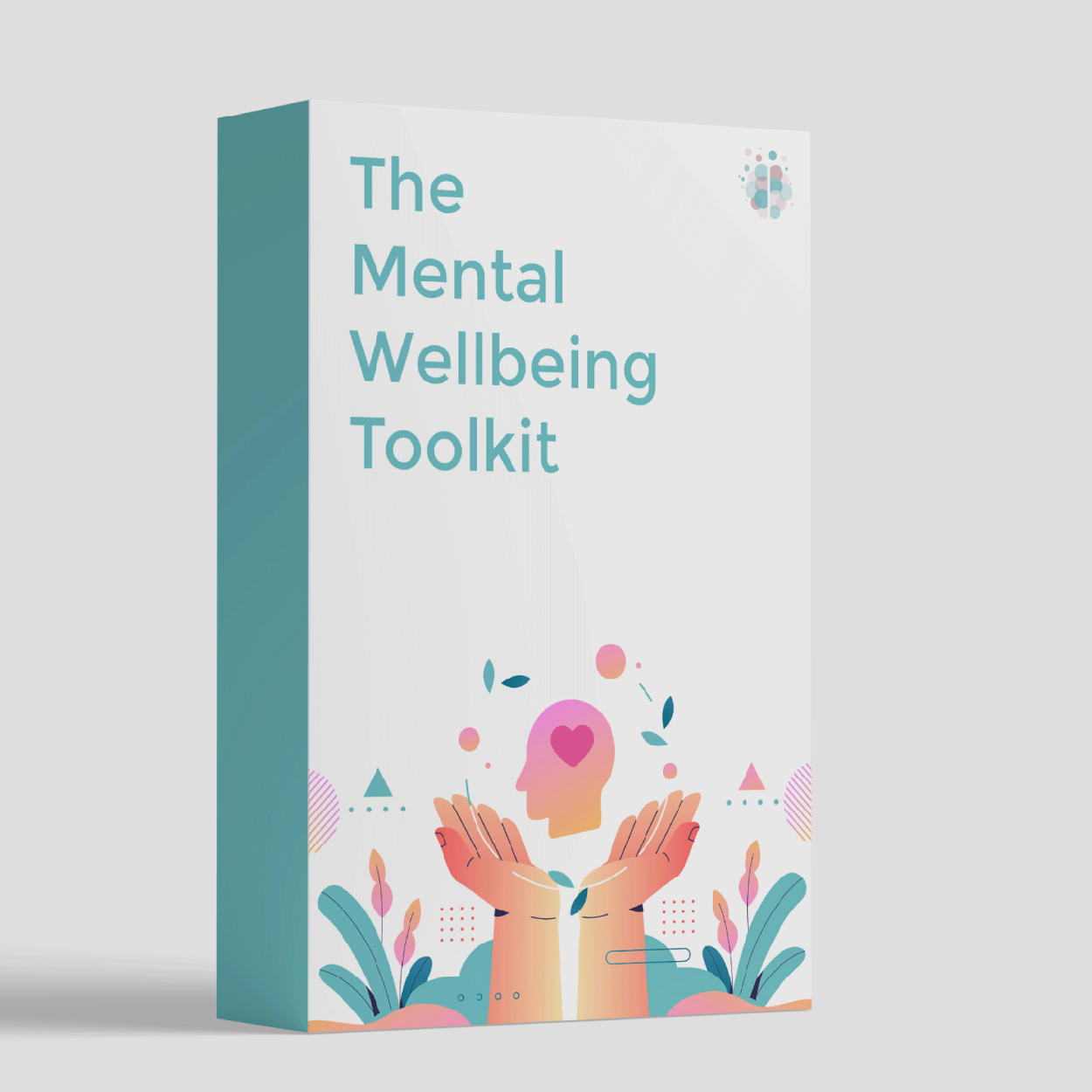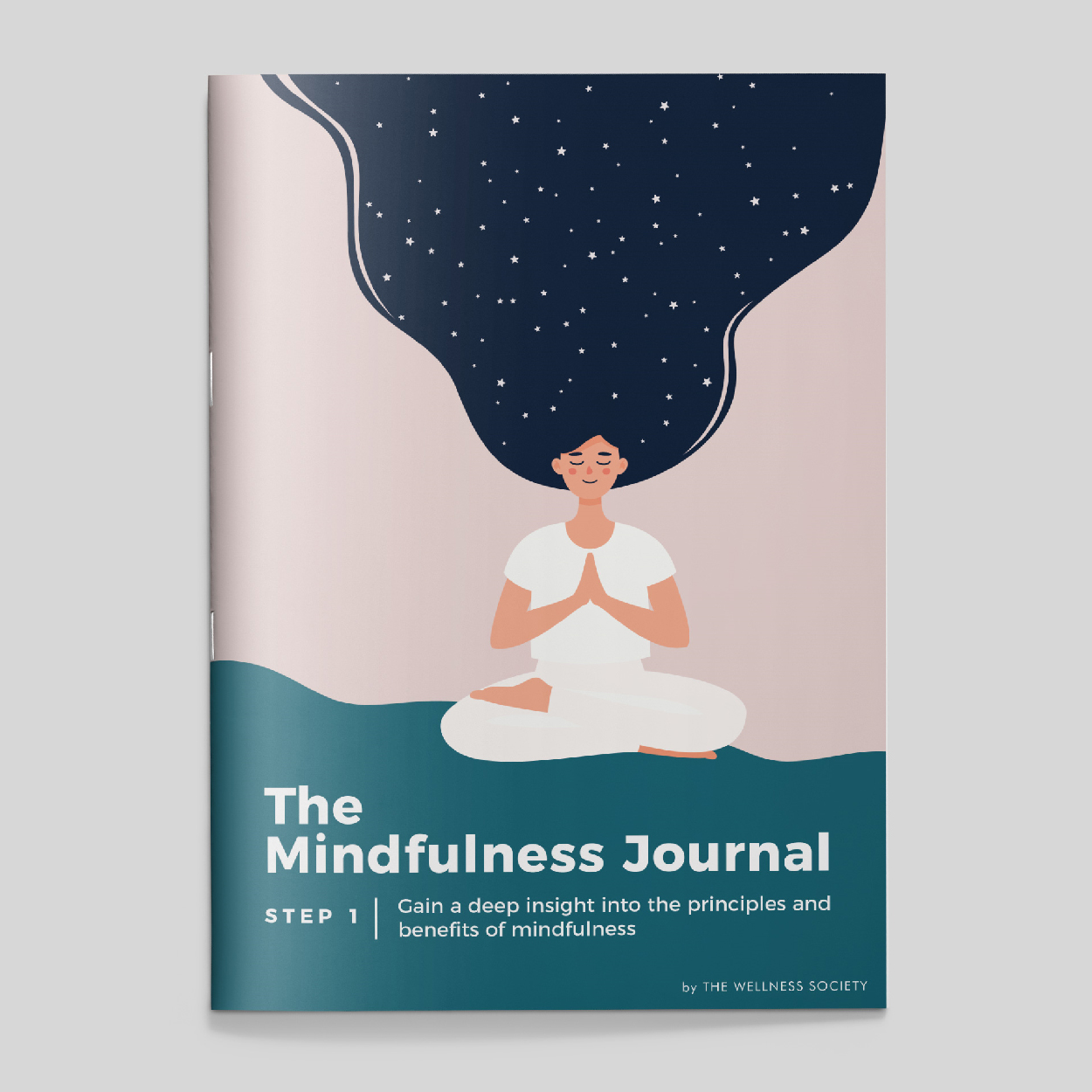Have you ever snapped at someone and surprised yourself with how harsh you sounded?
You may have thought, whoa… where did that come from?!
You were probably acting from what’s called “Emotion Mind” in DBT (Dialectical Behavioral Therapy). DBT is a therapy methodology developed by Marsha Linehan which helps people feel more in control of their thoughts, feelings, and relationships.
When in emotion mind, people react based on their mood, without taking logic into account.
You May Be in Emotion Mind If:
- You’re reacting quickly, without thinking things through
- You’re acting on urges without taking into account your long-term goals
- You’re behaving impulsively and aren’t considering potential consequences of your actions
- You want to hurt who hurt you, even if you’re not typically a vengeful person
- You’re not considering anyone else’s feelings or additional context of the situation
On the other end of the spectrum is Reasonable Mind, which is rational, logical and steady.
You might be thinking, okay, reasonable and rational, that sounds good! Being in Reasonable Mind all the time must be the goal, right?
Actually, no! Being in Reasonable Mind all the time isn’t ideal, either.
You May Be in Reasonable Mind If:
- You feel cut off from, or “numb” to your emotions
- You minimize or shrug off your feelings
- You rationalize your own or others’ behavior, even behavior that is unacceptable
- You are avoiding or in denial about something that is happening
- You are completely focused on a task
When we’re in Reasonable Mind, we’re cut off from our emotions. It’s important to be aware of and feel our emotions. First, because it’s an essential part of the human experience. More importantly, emotions contain very important information we need to understand our needs and boundaries.
Here’s an example of why awareness of emotions is important. Let’s say you feel angry and irritable every time you see your friend. Reasonable mind might say you’re being irrational and dismiss the feelings. But chances are there’s a good reason why you’re feeling angry at them, especially since it keeps happening.
Maybe they’re putting you down a lot, or not listening to what you’re saying. Or maybe you feel jealous of them. Finding the answer to why you’re angry is important to figuring out how to resolve your anger, whether you do so on your own or with the other person.
People diagnosed with trauma disorders, mood disorders, or borderline personality disorder (BPD) are more likely to oscillate between Emotion Mind and Reasonable Mind, with more difficulty staying in what DBT calls “Wise Mind.”
There are a number of potential reasons why people have difficulty being in Wise Mind. Maybe they haven’t had many people in their life model what it looks like to be in Wise Mind. Maybe staying in Reasonable Mind has protected them from extreme traumatic reactions. Maybe acting from Emotion Mind has gotten their needs met, for better or worse.
When you’re able to acknowledge your feelings without acting impulsively on them, you’re in Wise Mind.
You May Be in Wise Mind If:
- You’re taking both your emotions and logic into account
- You can name and feel your emotions
- You’re considering different ways to proceed before acting
- You can see the situation from multiple perspectives
- It feels like you are in control, not your mood
If you’re rarely in Wise Mind, don’t worry! You can increase your Wise Mind skills with practice.

Ways to Cultivate Wise Mind Skills
- Pause throughout the day and ask yourself which state of mind you are in.
- If you are in Emotion Mind, label which emotions you’re feeling.
- Using coping skills before acting on your feelings (for instance, journal, go on a walk, or take a hot shower).
- If you want to engage in a behavior that’s impulsive or mood-based (for example, emotional eating, texting your ex, substance abuse, etc.)
- Delay the behavior by 1 hour
- Talk to a trusted friend, family member, or peer before engaging in the behavior
- Consider the negative consequences of the behavior
- Replace the behavior with something less harmful (for example, drawing on your arms with a Sharpie instead of self-harming)
- Participate in a DBT program in your area. It can help you develop not only Wise Mind skills, but also, a wide variety of other skills related to mindfulness, emotion regulation, distress tolerance, and interpersonal relationships.
- Practice yoga, Tai-Chi, or other physical activities that help you get in touch with your body. These can also help you develop more awareness of yourself and your emotions.
- Talk to a therapist! A therapist can help you stay accountable as you work towards strengthening your Wise Mind.
- Use The Mental Wellbeing Toolkit, our self-guided program for developing your emotion regulation skills and improving your mental wellbeing.
- Use The Mindfulness Journal, our three-step system for enhancing your mindfulness skills.

About Rebecca
Rebecca Ogle, LCSW, is a Licensed Clinical Social worker and therapist in Chicago, IL.Rebecca provides therapy to people with anxiety, low self-esteem, and people pleasing tendencies. She uses a feminist and social justice lens, and interventions based in CBT, mindfulness, and motivational interviewing.
For helpful, free content, follow her on Instagram or go to her website.


